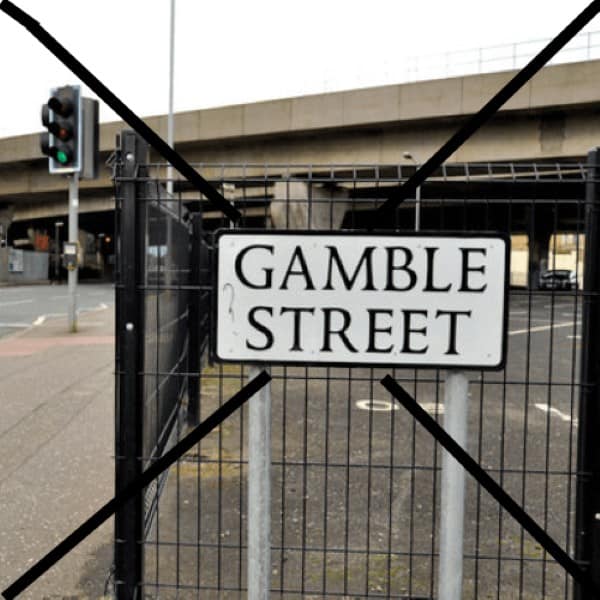Gambling is a growing problem

If we go back 5 years, there was very little reported in the press about the rising problem of gambling. More recently the problem has escalated. There has been an increase in the number of people who have developed a gambling addiction and this has been increasing at a startling rate. The Government is fully aware of this gambling problem, as a result of which the NHS has recently announced the opening of not one new gambling addiction clinic but unbelievably seven that are due to open during the summer of 2023. The seven new clinics are going to be opening in Milton Keynes, Thurrock, Bristol, Derby, Liverpool, Blackpool and Sheffield. These new gambling rehab clinics will add to the eight already in existence and the NHS is then hoping to treat up to 3,000 people a year with a gambling addiction.
However, according to the latest staggering findings of the Public Health England report published in January 2023, 0.5% of the population, approximately 246,000 people, are problem gamblers and 3.8%, about 2.2 million people are “at risk” gamblers.
Advertising and marketing of gambling continue…
In the last few weeks the Government has also produced a White Paper regarding gambling issues. However this seems more centred on illegal gambling. It does not focus on the marketing and promotion of gambling and ways of stopping this as was the case in advertising around the merits of drinking alcohol.
There seems to be little or simply no restraint on the amount of advertising encouraging us to gamble. There is almost constant TV advertising, sponsorship of prime areas of sport such as Formula 1 and Premier League football and yet the government still will not crack down on curbing this constant stream of temptation to “have a go.”
Despite the increase in Government provision, it is still hard to get into gambling rehab
Similar to an alcohol or drug addiction, for anyone with a gambling addiction there are resources within the community for help. As noted above, the amount of help available is being increased but there are still more people needing help than the amount of help available leading to a significant shortfall. Anyone wanting help would potentially have to wait a significant amount of time to be able to access free treatment.
Gambling addiction can be hard to recognise
It can be very difficult for a family member or loved one to recognise when someone close to them may have a gambling addiction. Unless they have a joint bank account and can see the state of the account, the first sign might be noticing rapid mood swings with more depressive episodes and by then their addictive behaviour may be well established. Gambling is very different these days to how it used to be. There is no longer the need to go to the betting shop on the high street: now all you need is a mobile phone and internet access then it is possible to gamble 24 hours a day, seven days a week from wherever you are. That could include your desk at work, or the one you are meant to be working from at home.
As with other addictions, a gambling addiction will affect your work, finances, social life, relationships and health and there will be the time when you ask for help. That help will be needed as soon as possible for your mental wellbeing. There is a major concern with gambling addiction specific to this addiction: one in five with a gambling addiction will attempt suicide.
Private help in a gambling rehab can be available immediately
At The Haynes Clinic generally we are able to offer help and support within a very short period of time from someone’s first contact with us to the time they are being seen by our doctor and being admitted to a residential gambling rehab programme. We are able to take an admission seven days a week. This can be critical as, not only is it important for someone to get help as soon as possible, but if they do not they not only continue with their destructive behaviour but may change their mind about getting any help.
Going into a residential gambling rehab or gambling addiction clinic enables the individual to be in a safe environment and to help to break the addictive cycle. To try and stop gambling within the home environment is virtually impossible and we end up becoming more depressed.
